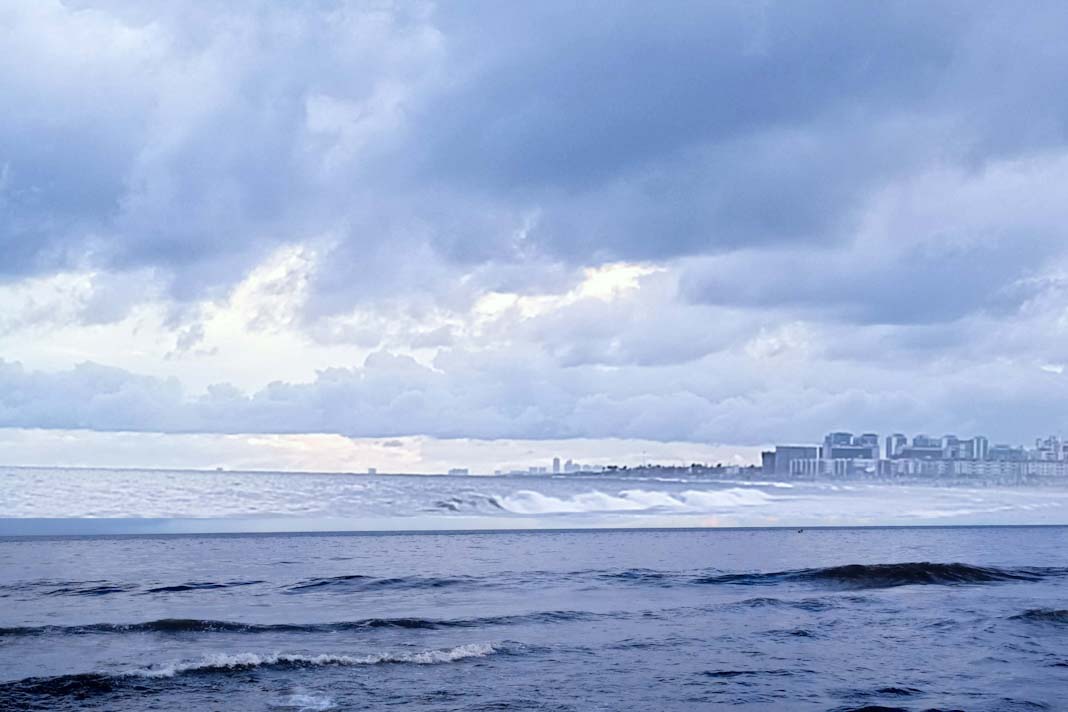 Seatank Chartering-operated vessel Key Fjord, transporting renewable products, has been bunkered with a B30-DMA fuel containing renewable feedstock of RME from Energifabriken in the port of Oskarshamn, Sweden, marking the start of a partnership between ScanOcean and Vegoil source Offshore Energy.
Seatank Chartering-operated vessel Key Fjord, transporting renewable products, has been bunkered with a B30-DMA fuel containing renewable feedstock of RME from Energifabriken in the port of Oskarshamn, Sweden, marking the start of a partnership between ScanOcean and Vegoil source Offshore Energy.
B30-DMA Fuel and Environmental Benefits
The B30-DMA fuel, based on rapeseed methyl ester (RME), is certified according to ISCC-EU standards and is said to support the reduction of greenhouse gas (GHG) emissions. It also enhances the carbon intensity indicator (CII) and clean shipping index (CSI) scores for vessels, Energifabriken said.
ScanOcean and Vegoil aim to leverage this Swedish-produced RME as a renewable feedstock for drop-in blends in marine fuels.
Statements from Partners
Lars Lövsund of ScanOcean AB stated: “We are thrilled to partner with Vegoil in launching this innovative marine fuel…we are proud to be part of this pioneering step.”
Christopher Thelin of Vegoil added: “Together with ScanOcean, we are committed to demonstrating that sustainable shipping is not just a future goal but a present reality. We hope to inspire other ship and cargo owners to take similar steps towards reducing GHG emissions. We are also excited to offer our customers maritime transportation with renewable fuels, reinforcing our commitment to a renewable society.”
Sigbjørn Tysse of Seatank Chartering commented: “We are proud to operate Key Fjord and support this innovative initiative. By adopting renewable marine fuels, we are setting a new standard for sustainable shipping solutions.”
Previous Partnership and Developments
In May 2024, ScanOcean partnered with Lakeway Link, a joint venture of Wallenius and Greencarrier Group, on the use of a new marine fuel with 15% renewable content, B15-DMA. Under the agreement, ScanOcean will supply the fuel for Lakeway Link’s new roll-on/roll-off (RoRo) service connecting Södertälje, Sweden, and Gdynia, Poland.
In August 2023, ScanOcean, together with Neste Oyi, unveiled lower-emission DMA Gasoil for the shipping sector. This DMA is produced by adding renewable raw material into the conventional refining process, and by using mass-balance, the fuel attains high GHG emissions reducing benefits while maintaining the quality and specifications of the fuel to ISO 8217.
At the time, Jonatan Karlström of ScanOcean noted: “As we soon enter a new regulatory landscape in European shipping, reducing emissions at low cost will be key and we aim to provide the best solutions for this, and the DMA co-processed with renewable raw materials is an extremely attractive fuel in this respect.”
Did you subscribe to our daily Newsletter?
It’s Free! Click here to Subscribe
Source: Offshore-Energy















